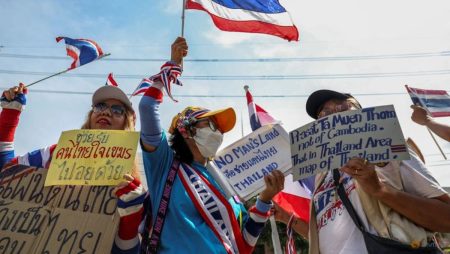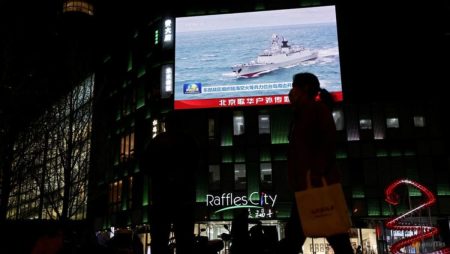The Central Jakarta District Court delivered a verdict in a high-profile corruption case involving prominent businessman Harvey Moeis, sentencing him to 6.5 years in prison and imposing a substantial financial penalty of 210 billion rupiah (approximately US$13 million), along with an additional fine of 1 billion rupiah. The case centered around illegal tin mining activities within the concessions of state-owned mining company PT Timah, located in the Bangka Belitung province off the coast of Sumatra. Moeis, often lauded as Indonesia’s “perfect husband” by online communities, was found guilty of both corruption and money laundering related to these illicit operations.
The court’s decision represents a significantly lighter sentence than the 12 years sought by prosecutors. The rationale behind this leniency stemmed from the court’s determination that, while Moeis played a pivotal role in facilitating illegal tin processing, he was not a direct member of the management structure of PT Refined Bangka Tin (RBT), the company that gained access to PT Timah’s resources through Moeis’s influence. This distinction, in the court’s view, mitigated the severity of his culpability and warranted a less stringent punishment.
Moeis’s involvement in the illicit scheme revolved around his role as a broker, connecting at least four different smelting companies with access to tin ore illegally mined from within PT Timah’s designated areas. According to the court’s findings, he received payments of up to US$700 per tonne of processed tin, accumulating an estimated US$30 million over the course of his illicit dealings. These illicit proceeds were reportedly funneled through an associate named Helena Lim, highlighting the complex network of individuals involved in the operation.
The case underscores the substantial environmental and economic repercussions of illegal mining activities. During the trial, the prosecution presented evidence suggesting that the state incurred losses amounting to an estimated 300 trillion rupiah, largely attributed to the irreversible environmental damage caused by the unregulated extraction and processing of tin ore. This staggering figure highlights the long-term consequences of such illicit practices, which extend far beyond immediate financial gains.
The prosecution, expressing dissatisfaction with the perceived leniency of the sentence handed down by the court, has indicated its intention to review the verdict and potentially file an appeal. They have been granted a week to deliberate and decide on their next course of action. This potential appeal introduces a further layer of complexity to the case and leaves the ultimate fate of Harvey Moeis hanging in the balance.
This case resonates beyond the individual circumstances of Harvey Moeis, serving as a microcosm of the broader challenges faced by Indonesia in combating corruption and illegal resource extraction. The substantial environmental damage, coupled with the significant financial losses incurred by the state, underscores the urgent need for robust regulatory frameworks and stricter enforcement measures to deter such illicit activities and protect the country’s natural resources. The outcome of this case, including any potential appeals, will be closely watched, setting a precedent for future cases involving corruption and environmental crimes. It also highlights the ongoing struggle to balance economic development with environmental sustainability and the rule of law.










